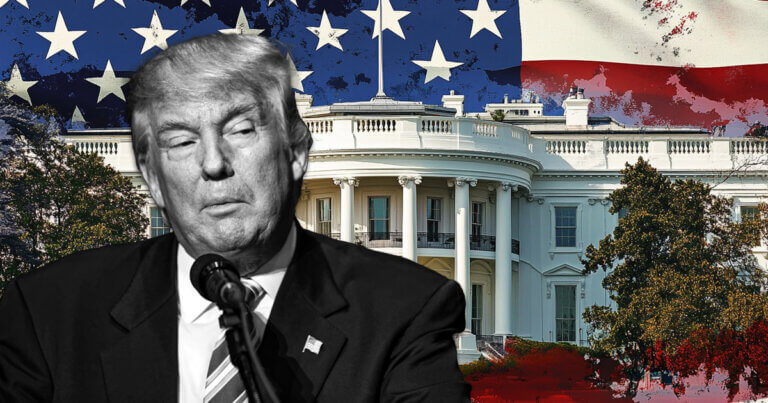Hook: Imagine a world where getting free crypto tokens could land you in legal trouble. That’s the battle crypto giants and blockchain advocates are facing right now as they push back against the SEC’s crackdown on airdrops – free crypto giveaways. But why is this happening, and what does it mean for the future of crypto?
Understanding the SEC vs. Airdrop Debate: In the crypto world, there’s a big issue brewing about whether giving away free tokens – known as airdrops – is actually legal. Airdrops happen when companies or projects reward users with tokens, often to build a community or encourage people to try out their platform. But here’s where it gets messy: the U.S. Securities and Exchange Commission (SEC) thinks these tokens might be securities (like stocks), which could make them illegal if companies don’t follow strict financial regulations.
The Key Players and Their Standpoints:
- Beba’s Lawsuit: Beba, a clothing company, decided to fight the SEC directly. They filed a lawsuit in March, claiming that their airdrops shouldn’t fall under securities law. They’re saying, “We’re just giving out tokens, not selling them for profit.”
- Crypto Lobby Groups Step In: Two major crypto advocacy groups, the Blockchain Association and the Crypto Council for Innovation, joined the battle by filing a “friend-of-the-court” brief. This means they’re supporting Beba’s case to show that airdrops don’t fit the SEC’s idea of an investment. They argue that airdrops don’t meet the requirements of the Howey Test – a rule that helps decide if something is an investment contract (and thus a security).
Why is the Howey Test Important? The Howey Test is crucial because it’s the standard that the U.S. uses to see if a financial deal counts as a security. According to this test, for something to be a security, it has to involve:
- An investment of money
- An expectation of profits
- A common business enterprise (where everyone’s success is linked)
Beba and the crypto lobbyists argue that airdrops fail the first step – there’s no investment of money since tokens are given for free! No money, no security, they say.
What the SEC Says: The SEC is tough on crypto. Its head, Gary Gensler, has declared that most cryptocurrencies are likely securities. He insists that blockchain projects need to register with the SEC, or they’re breaking the law. The agency even tried to dismiss Beba’s lawsuit, basically saying, “This isn’t worth our time.”
“Tip of the Iceberg” – Why This Case Matters:
The Blockchain Association and Crypto Council warn that this isn’t just about airdrops; it’s about the future of crypto in America. They believe the SEC’s hard-line approach is creating a “chilling effect” – scaring talent and innovation away from the U.S. They’re saying, “If we don’t fix this, people will take their projects and jobs elsewhere.” It’s why they argue that the SEC’s stance could lead to a “brain drain,” with crypto talent leaving the U.S. for friendlier regions.
Key Terms to Remember:
- Airdrop: Giving away free crypto tokens to users, often as a marketing tactic or to build a community.
- SEC (Securities and Exchange Commission): The U.S. agency that regulates financial markets and securities.
- Howey Test: A rule used to determine if a transaction is an investment contract (and therefore a security).
- Friend-of-the-court brief (Amicus brief): A document filed by non-parties to support one side of a legal case.
Why This Case is Important for You: This case isn’t just legal drama – it’s about the future of crypto and innovation. If you’re interested in crypto, it’s crucial to understand that rules can shape the industry and impact where companies operate. If the SEC wins, companies might avoid the U.S. altogether, seeking places with clearer, friendlier regulations. For any young person diving into crypto, cases like this shape the very ground on which the industry is built.
In short, staying informed about such cases is like getting a map to navigate the crypto world. Knowing the legal battles and the terms, like “Howey Test” and “investment contract,” equips you to understand and anticipate changes in the crypto space, whether you’re investing, developing, or just exploring.



